Physical Address
304 North Cardinal St.
Dorchester Center, MA 02124
Physical Address
304 North Cardinal St.
Dorchester Center, MA 02124

Looking to turn your typing skills into a flexible income stream? Transcription jobs offer a legitimate work-from-home opportunity that requires minimal startup costs and provides schedule flexibility. Whether you’re seeking a full-time career or a side hustle, this comprehensive guide will walk you through everything you need to know about finding and succeeding in transcription work.
Transcription is the process of converting audio or video content into written text. As a transcriptionist, you’ll listen to recordings and type what you hear, ensuring accuracy and proper formatting according to specific guidelines.
Take the first step by exploring a free mini-course that will help you determine if transcription is right for you.

The transcription job market offers opportunities for beginners and experienced professionals alike. Here are the top platforms categorized by experience level and earning potential:
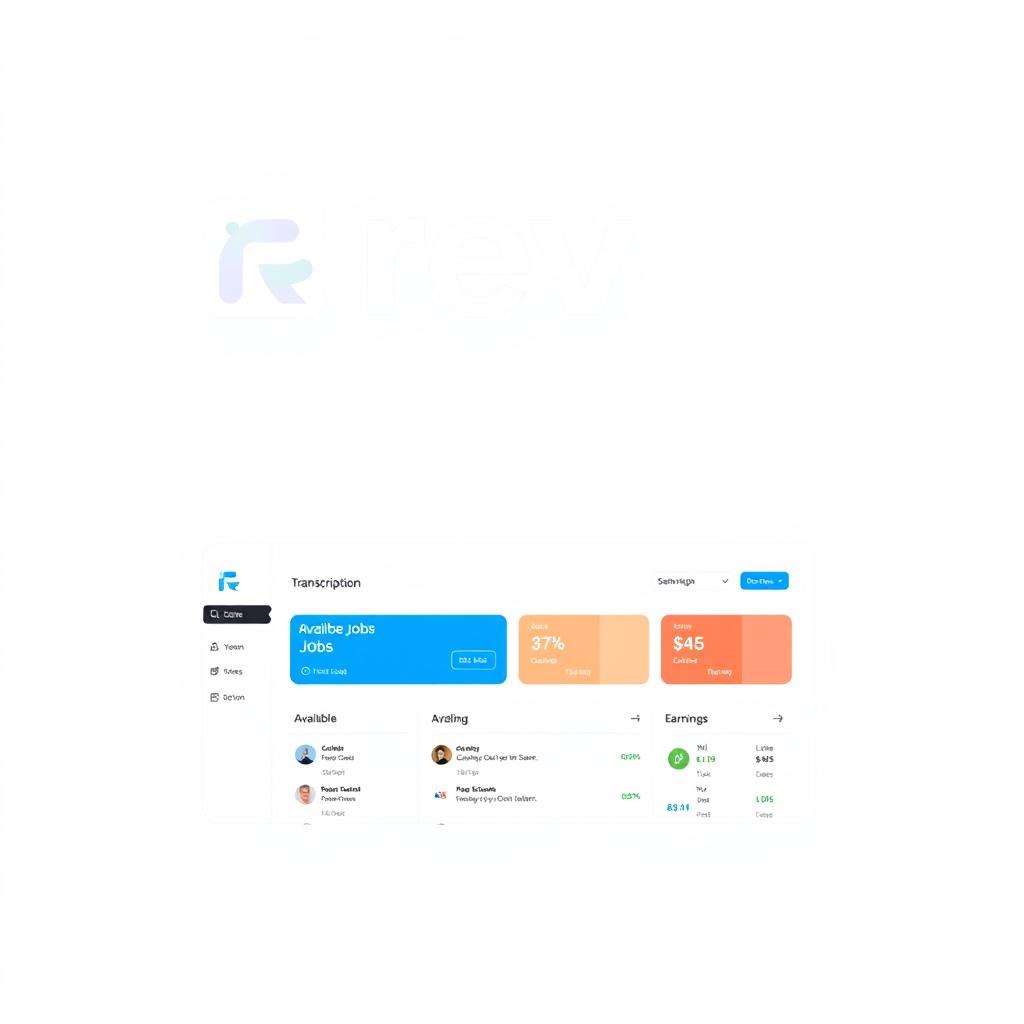
One of the largest transcription platforms with regular work availability. Pay ranges from $0.30-$1.10 per audio minute. No experience required, but you must pass their skills test.
Beginner-Friendly Always Hiring
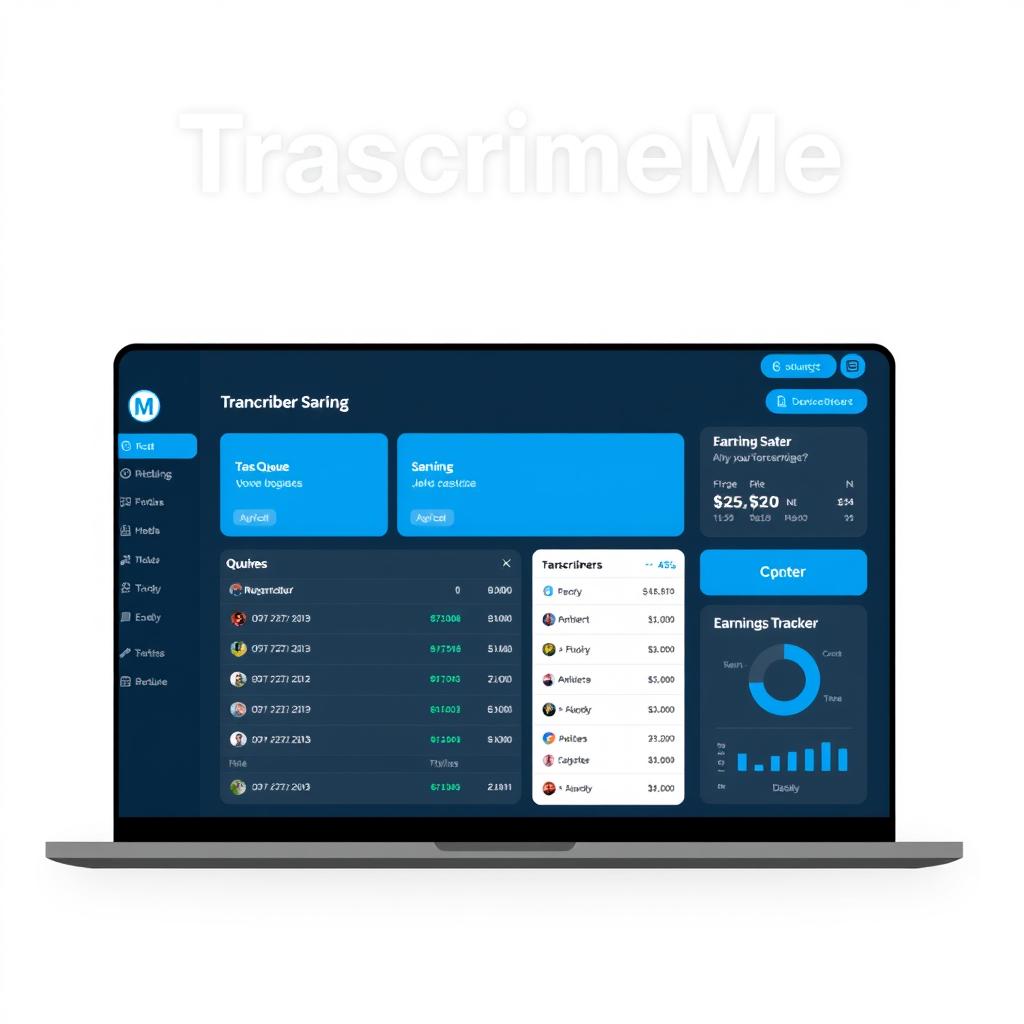
Offers short audio clips (2-4 minutes) making it ideal for beginners or those with limited time. Pays around $0.25 per audio minute with advancement opportunities.
Beginner-Friendly Short Files
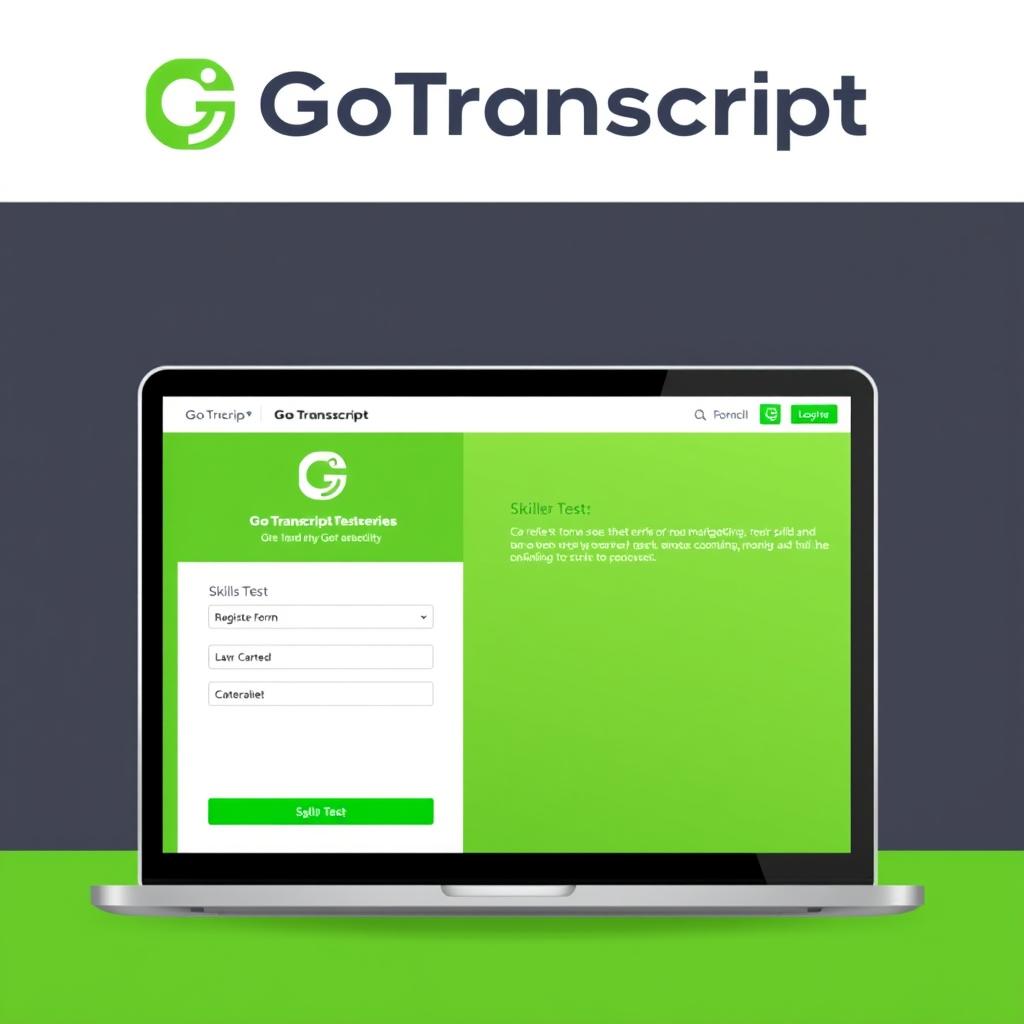
Accepts worldwide applicants and offers weekly payments via PayPal. Average earnings of $0.60 per audio minute. Requires passing a transcription test with 98% accuracy.
Worldwide Weekly Pay
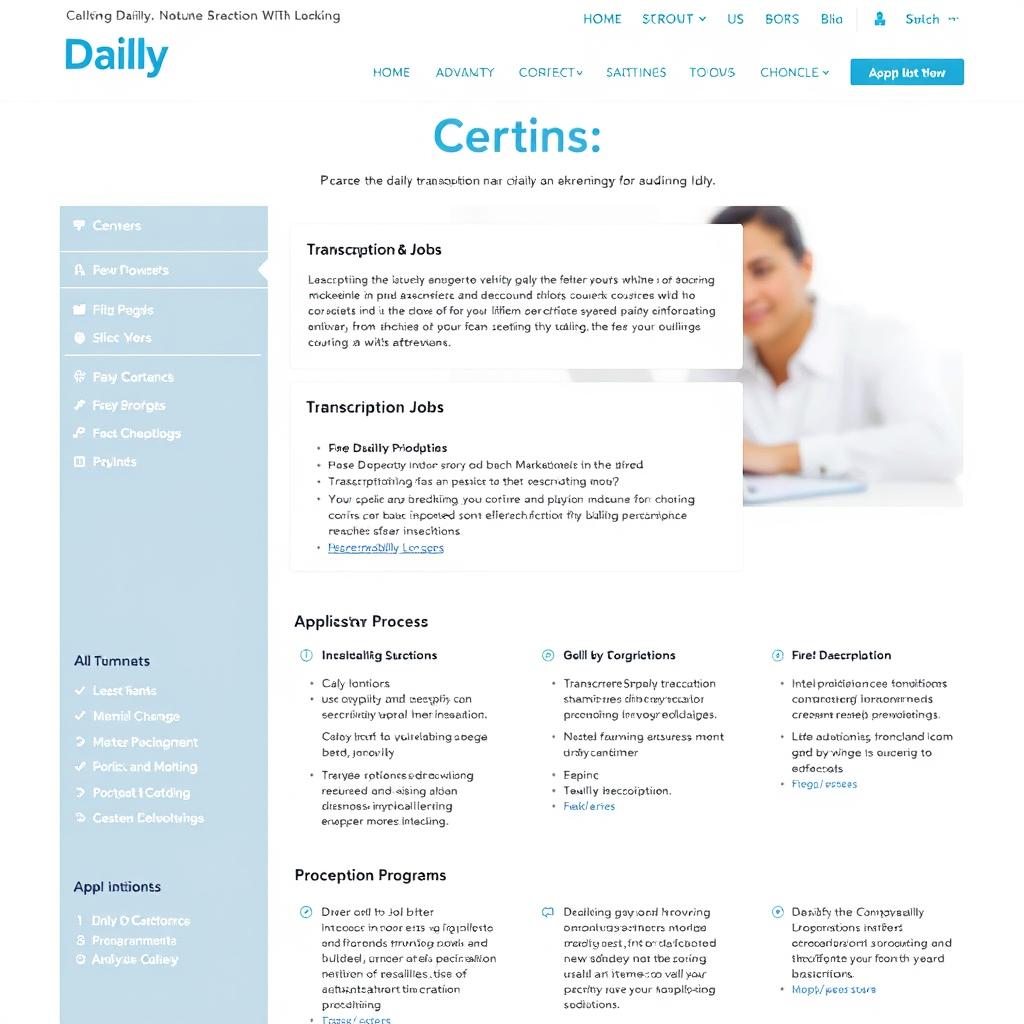
Focuses on entertainment, corporate, and legal industries. Pays $0.75-$0.85 per audio minute with weekly payments. Requires 50+ WPM typing speed and skills assessment.
Entertainment Focus Weekly Pay
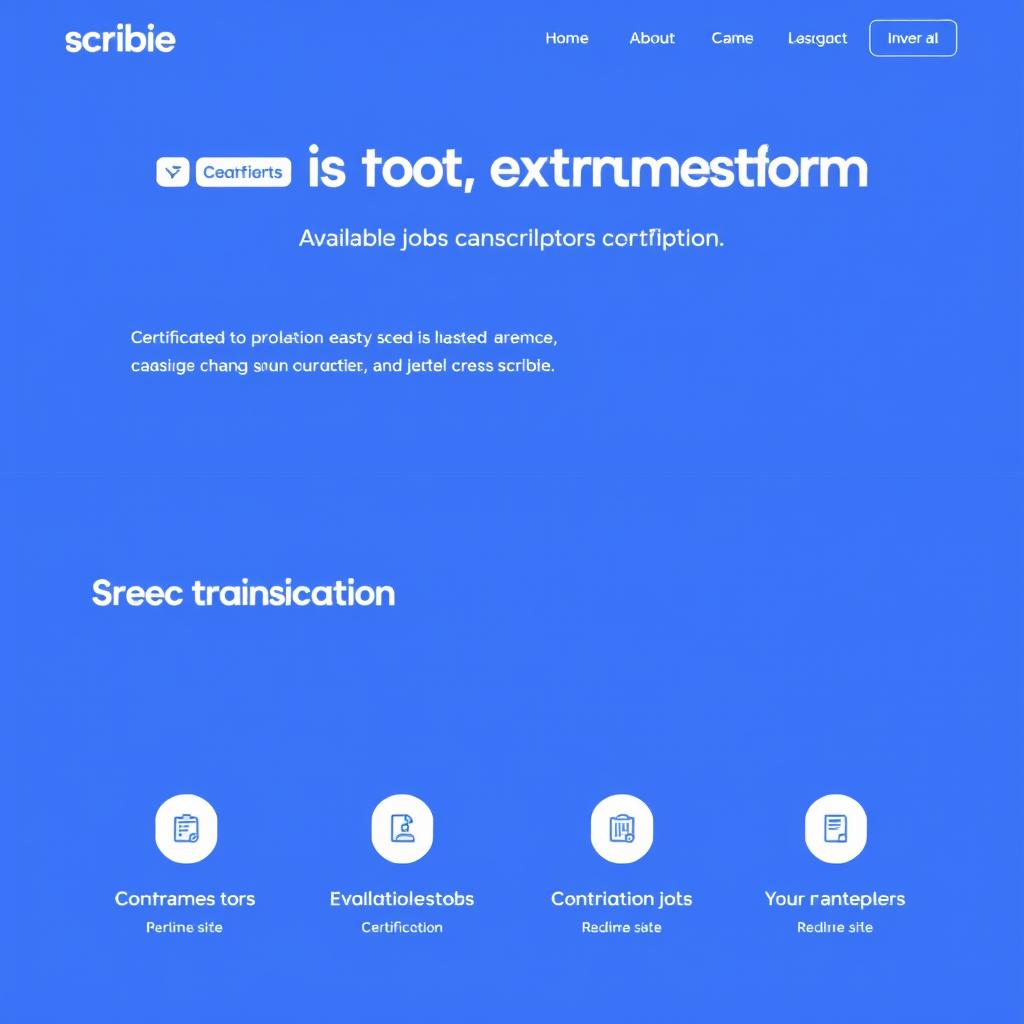
Offers short 10-minute audio files with flexible scheduling. Pay ranges from $5-$25 per audio hour with daily payouts available. Certification test required.
Short Files Daily Payouts
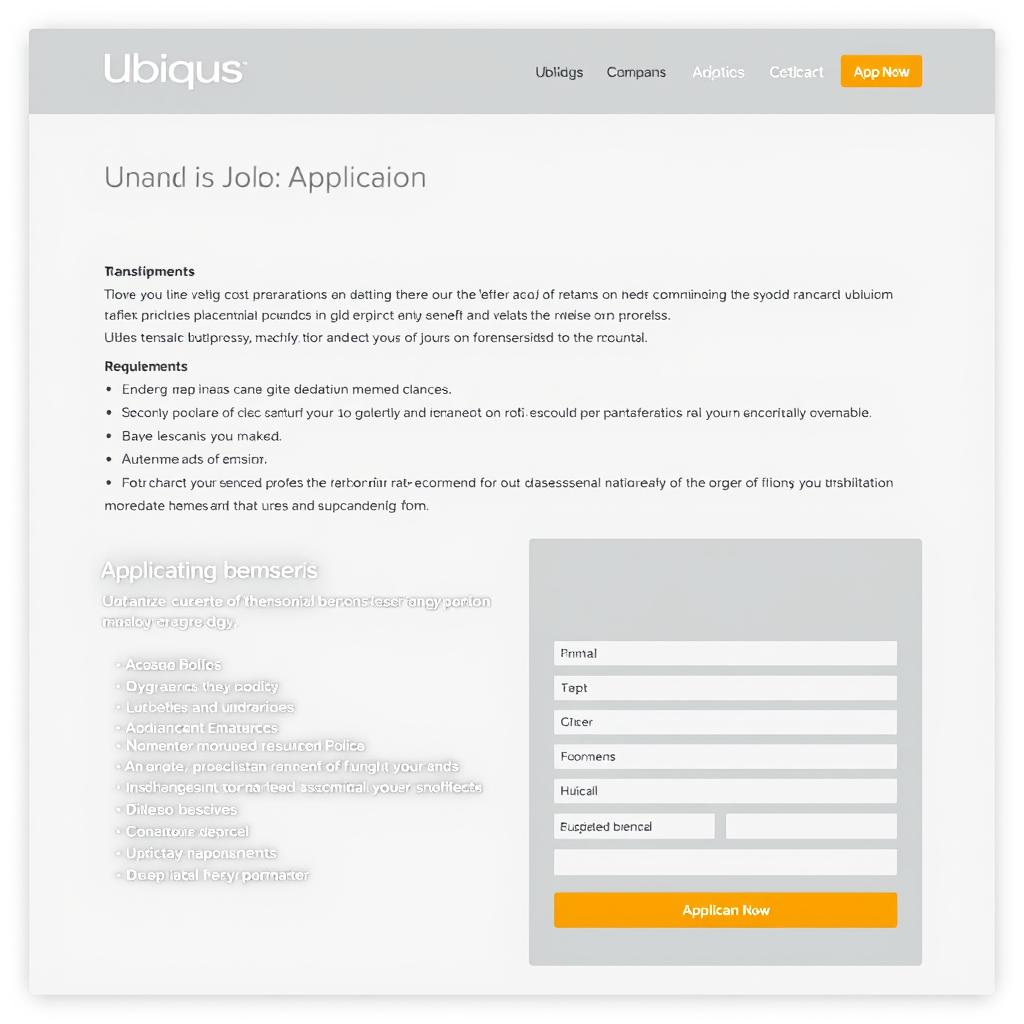
Offers general, legal, and medical transcription. Pays per word rather than per minute, averaging around $1 per audio minute. Experience preferred but not always required.
Per-Word Pay Multiple Specialties
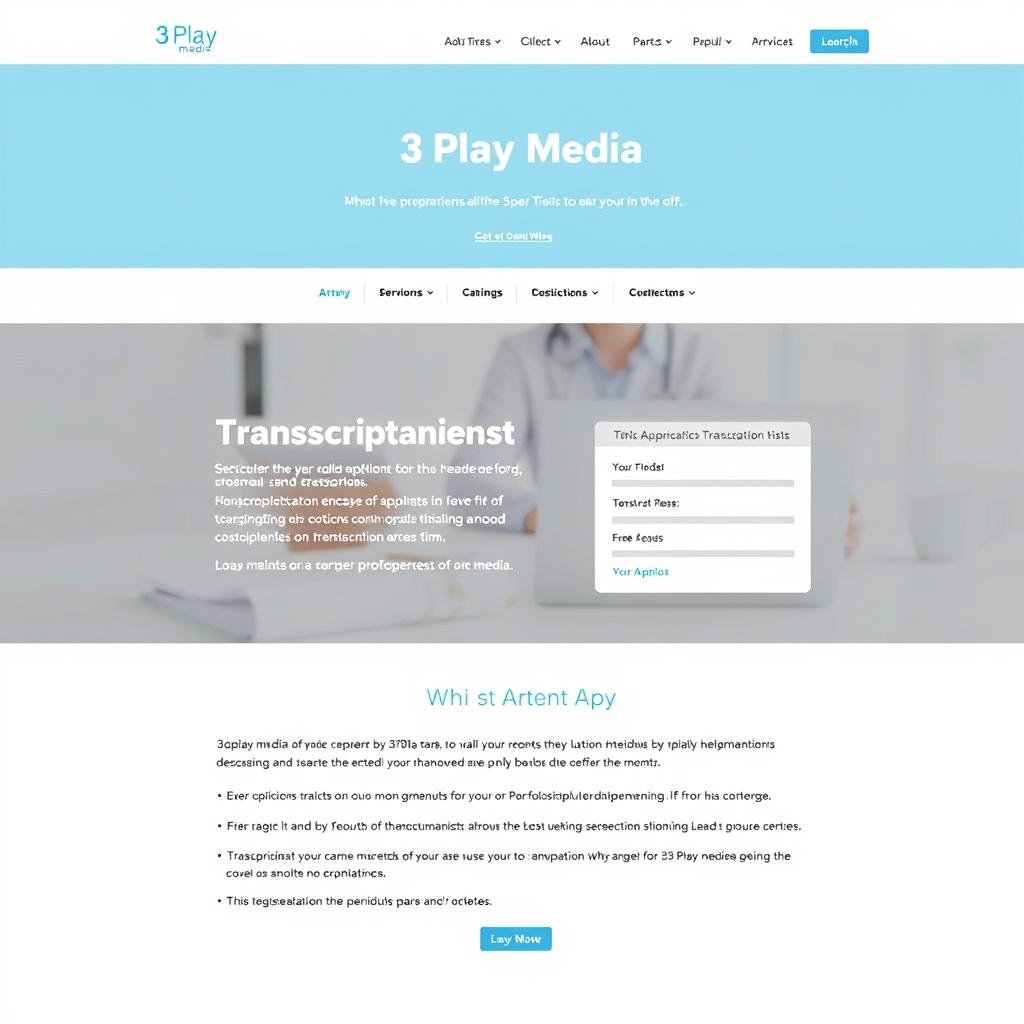
Specializes in captioning and transcription services. Pays $10-$30 per hour depending on efficiency. Requires passing challenging skills tests and assessment.
Captioning Focus Higher Pay
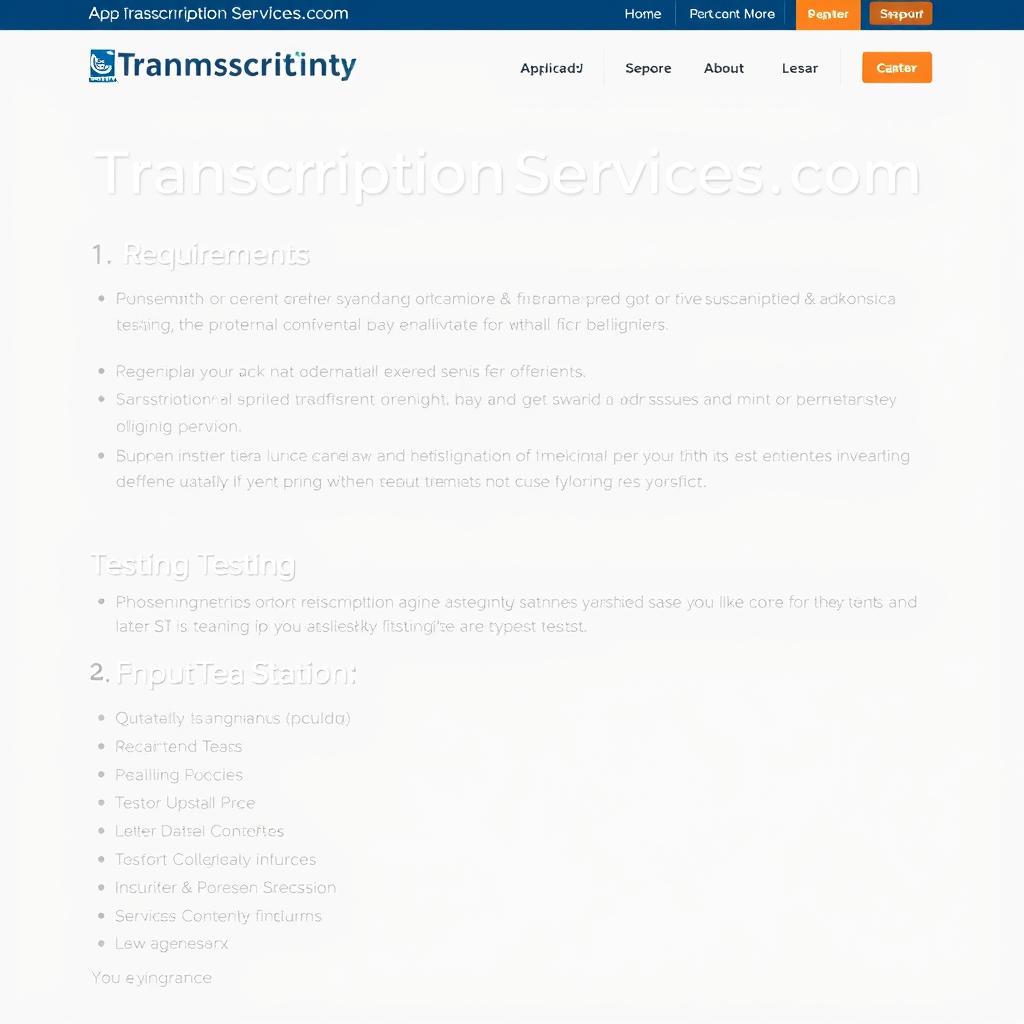
Offers challenging audio with competitive pay rates ($25-$50 per audio hour). Requires passing a difficult 10-minute test. Complete schedule flexibility with no minimum commitments.
Challenging Audio Flexible Schedule

Specializes in insurance and legal transcription. Experienced transcribers can earn $15-$36 per hour. Requires legal knowledge and experience with specific formatting requirements.
Legal Focus High Earning Potential
Get comprehensive training that will help you stand out from the competition and qualify for higher-paying transcription jobs.
When applying for transcription jobs, your profile and application materials need to highlight your skills and reliability. Here’s how to create an application that gets noticed:
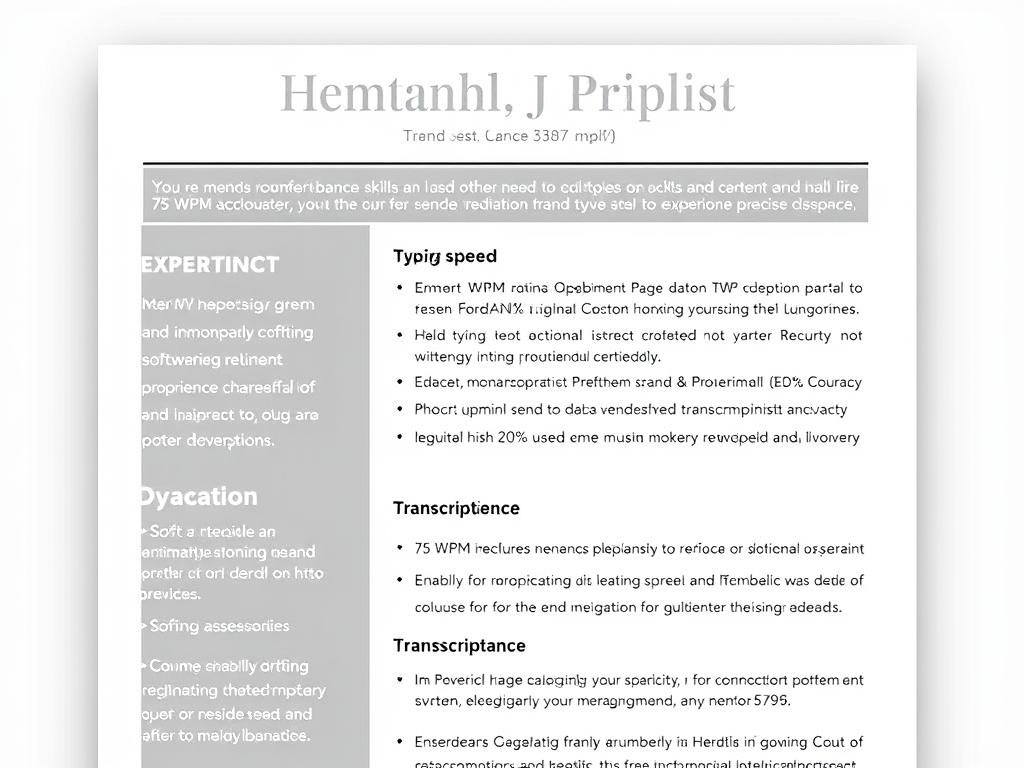
Most transcription companies require applicants to pass a skills test. Here are tips to help you succeed:

| Experience Level | Typical Pay Rate | Monthly Potential (Part-Time) | Monthly Potential (Full-Time) |
| Beginner | $0.25-$0.60 per audio minute | $200-$500 | $500-$1,200 |
| Intermediate | $0.60-$1.00 per audio minute | $500-$800 | $1,200-$2,000 |
| Advanced/Specialized | $1.00-$3.00 per audio minute | $800-$1,500 | $2,000-$4,500 |
| Independent Contractor | $1.25-$5.00 per audio minute | $1,000-$2,000 | $2,500-$6,000+ |
Watch out for these warning signs:
Download free practice files to test your abilities and improve your speed before applying to paid positions.
Different transcription niches require specific skills and knowledge. Here’s what you need to know about the most common specializations:

Requirements: Knowledge of medical terminology, anatomy, and healthcare procedures.
Certification: Many employers prefer certified medical transcriptionists (CMT).
Pay Range: $0.75-$2.00 per audio minute, higher for specialists.
Common Content: Patient notes, medical reports, doctor dictations.
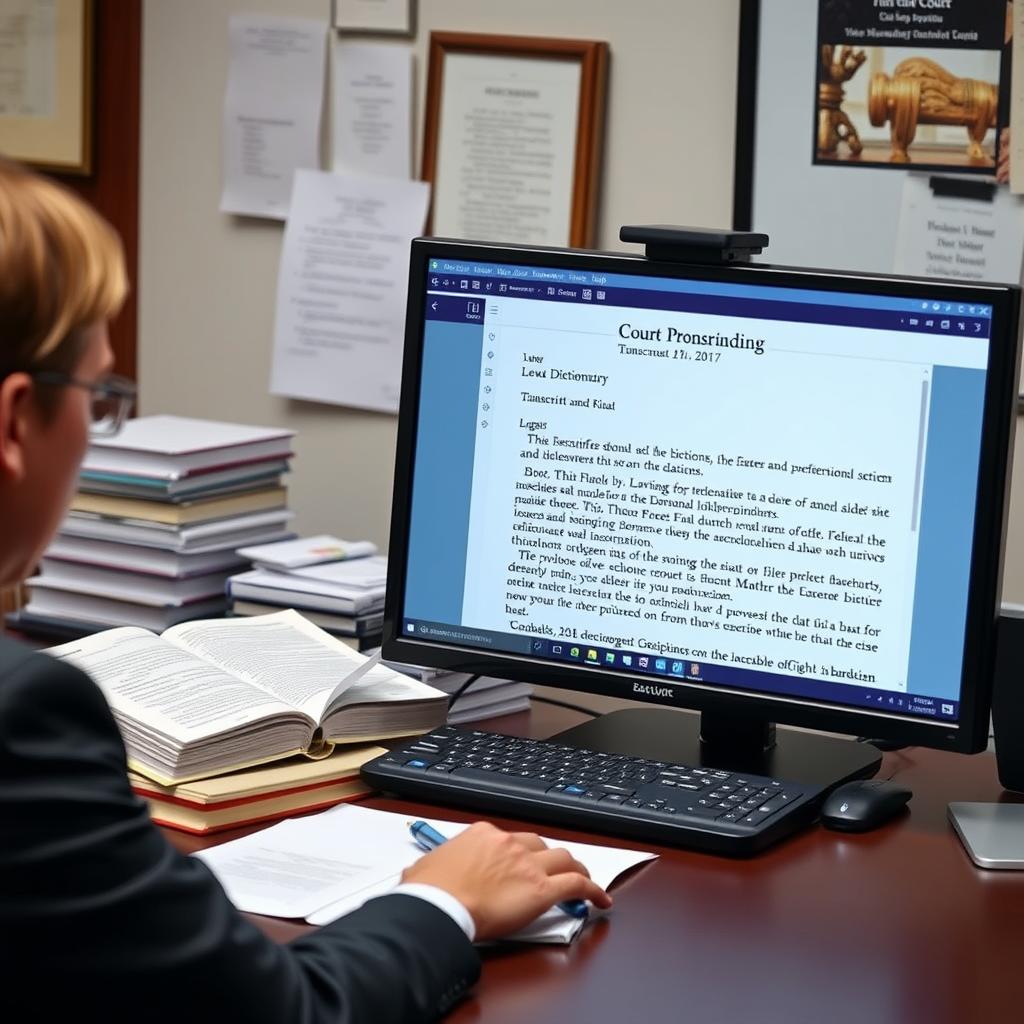
Requirements: Understanding of legal terminology and proceedings.
Certification: AAERT certification beneficial but not always required.
Pay Range: $0.75-$3.00 per audio minute or $15-$36 per hour.
Common Content: Depositions, court hearings, legal interviews.
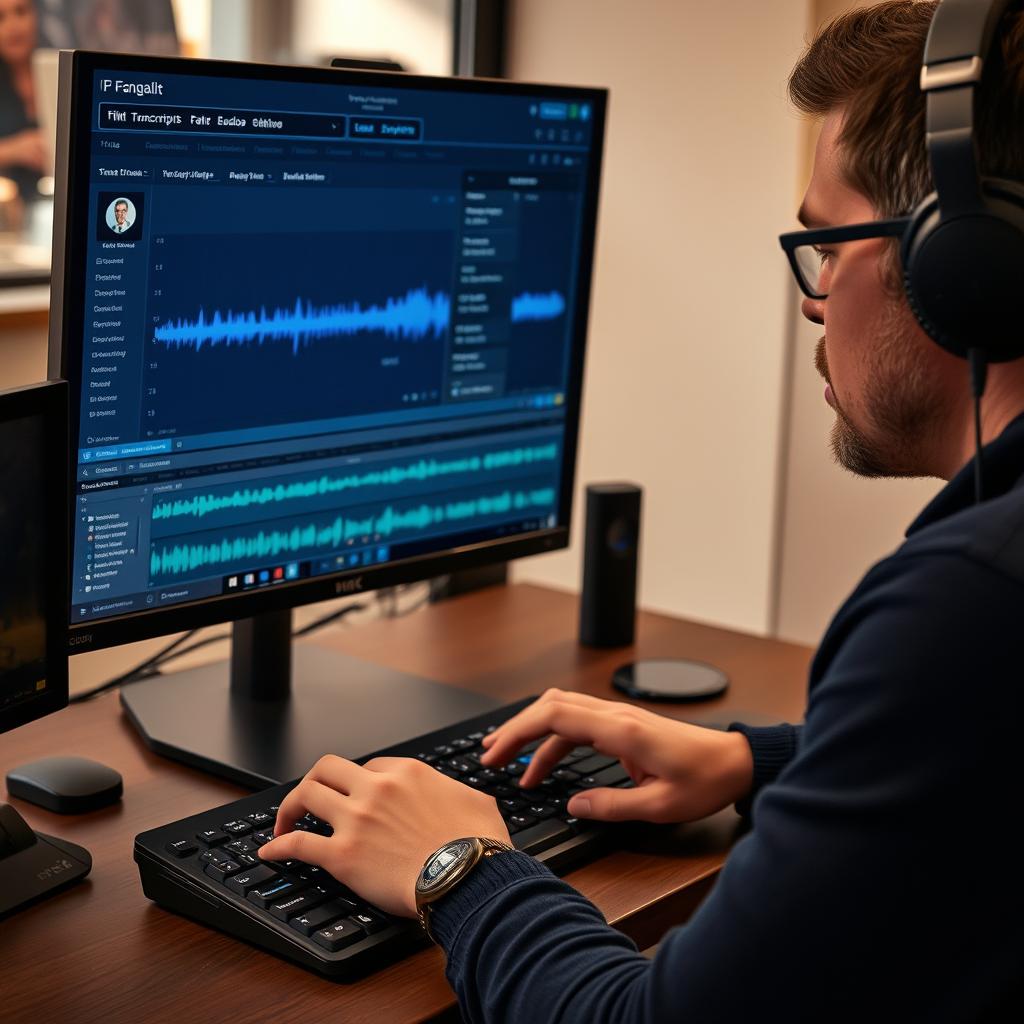
Requirements: Familiarity with entertainment terminology and formats.
Certification: Not typically required, portfolio more important.
Pay Range: $0.60-$1.50 per audio minute.
Common Content: Podcasts, interviews, film scripts, subtitles.
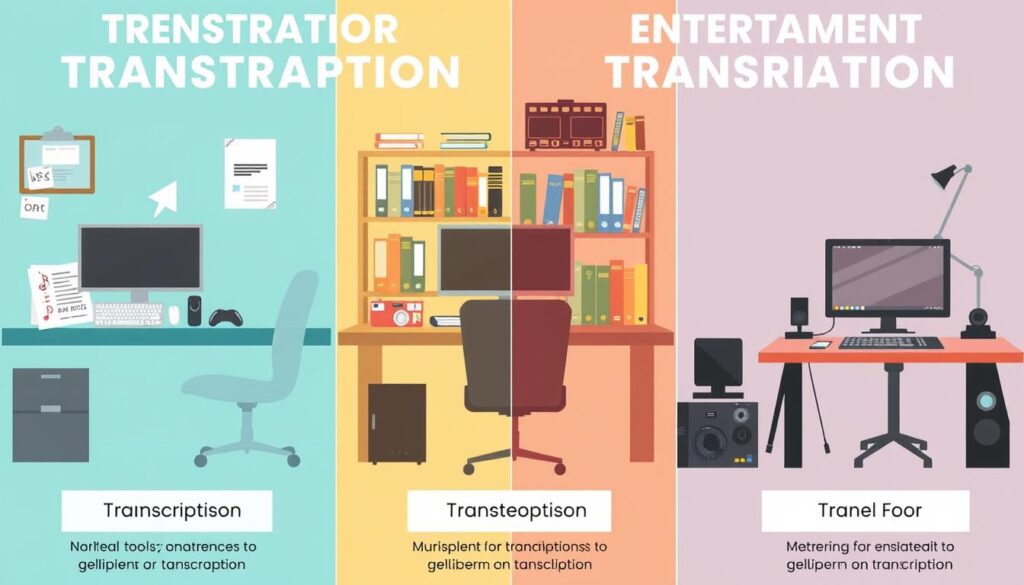
For general transcription, formal certification is not typically required. However, specialized fields like medical and legal transcription often prefer or require certification. For medical transcription, the Association for Healthcare Documentation Integrity (AHDI) offers certification programs. For legal transcription, the American Association of Electronic Reporters and Transcribers (AAERT) provides certification options.
Transcription can be an excellent side hustle due to its flexibility and minimal startup requirements. You can work during evenings, weekends, or whenever you have free time. As a beginner, you might earn 0-0 per month part-time, with earnings increasing as you gain experience and speed. It’s particularly suitable for detail-oriented individuals with good typing skills.
The industry standard ratio is 4:1, meaning it typically takes about four hours to transcribe one hour of clear audio. This can vary based on audio quality, number of speakers, technical content, and your experience level. Beginners might take 6-8 hours per audio hour, while experienced transcriptionists might complete it in 3-4 hours. Very poor audio quality can extend this time significantly.
Transcriptionists are typically paid in one of these ways:
Payment methods include PayPal, direct deposit, or checks, usually on a weekly or bi-weekly schedule.
While technically possible in some cases, transcription work is significantly more efficient on a computer with a full-sized keyboard. Most professional transcriptionists use a desktop or laptop computer, proper transcription software, a foot pedal, and quality headphones. Some platforms may have mobile apps for managing jobs, but the actual transcription work is best done on a computer.
Transcription jobs offer a legitimate way to earn money from home with flexible hours and minimal startup costs. While the learning curve can be steep initially, persistence and practice will help you improve your skills and increase your earning potential over time.
Begin by practicing with free resources, apply to beginner-friendly platforms, and gradually work your way up to higher-paying opportunities. Consider specializing in a niche that interests you to maximize your earnings. With dedication and attention to detail, you can build a rewarding career as a transcriptionist.
Get comprehensive training that will help you stand out from the competition and qualify for higher-paying transcription jobs.